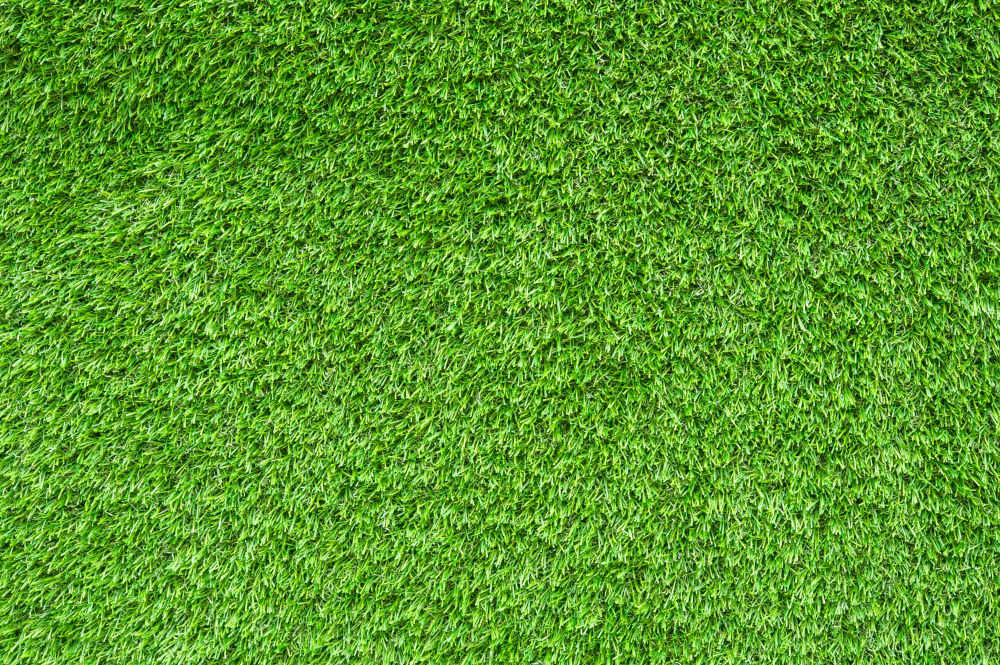The Ultimate Guide to Synthetic Grass in Florida

With Florida’s unique climate and a growing trend towards sustainable landscaping, synthetic grass has emerged as a popular choice for homeowners looking to maintain a lush, green lawn without the hassle of constant upkeep. This comprehensive guide will walk you through everything you need to know about synthetic turf grass in Florida, from its benefits and installation process to maintenance tips and how to choose the right product for your home.
Why Choose Synthetic Grass in Florida?
Florida's warm climate and frequent rain can make maintaining a natural lawn a challenging and labor-intensive task. Synthetic grass offers a practical and aesthetically pleasing alternative that is perfect for this environment. Here are some benefits:
1. Water Conservation
Florida often faces water restrictions due to its climate. Synthetic turf requires no watering, which means substantial savings on water bills and a positive impact on water conservation efforts. This is particularly crucial in areas prone to drought or where water conservation is prioritized.
2. Low Maintenance
Traditional grass lawns demand regular mowing, fertilizing, and pest control. Synthetic grass eliminates these tasks, freeing up your time and reducing your reliance on potentially harmful pesticides and fertilizers. With synthetic turf, you get a perfectly manicured lawn year-round without the need for weekly upkeep.
3. Durability and Longevity
High-quality synthetic grass is designed to withstand Florida's intense sunlight and heavy rain. It doesn’t fade, discolor, or become waterlogged, offering years of use. This durability makes it ideal for high-traffic areas, such as play zones and pet areas, where natural grass could quickly wear out.
4. Allergen-Free
For those who suffer from grass pollen allergies, synthetic grass provides a hypoallergenic surface, promoting health and comfort. It allows allergy sufferers to enjoy their outdoor spaces without the worry of triggering allergy symptoms.
5. Eco-Friendly
By eliminating the need for lawn mowers, fertilizers, and pesticides, synthetic grass reduces your carbon footprint and minimizes the use of harmful chemicals in your landscape. Additionally, modern turf is often made from recycled materials, further enhancing its eco-friendly credentials.
Installing Synthetic Turf Grass in Florida
Step-by-Step Installation Process
Here’s a simple breakdown of the installation process if you’re considering adding synthetic grass to your property:
1. Site Preparation
The first step involves clearing the site of existing grass, rocks, and debris. A clean, level surface is essential for proper installation.
2. Base Installation
A base layer, usually composed of crushed rock or sand, is installed to ensure proper drainage and stability for the turf. This layer is compacted to create a solid foundation.
3. Turf Placement
Once the base is set, the synthetic turf is rolled out and positioned. Each piece is carefully measured and cut to fit the designated area.
4. Securing the Turf
The turf is secured using nails or adhesives to ensure it stays in place. Edges are particularly important to secure to prevent lifting or shifting over time.
5. Infill Application
Infill materials like silica sand or crumb rubber are spread across the turf to weigh it down, keep the blades upright, and provide a cushiony feel.
6. Final Grooming
After the infill is applied, the turf is brushed to evenly distribute the infill and give the synthetic blades a more natural, upright appearance.
DIY vs. Professional Installation
While DIY installation might seem cost-effective, hiring professionals like From The Ground Up Landscaping ensures the job is done correctly and efficiently. Professional installers have the expertise needed to address unique challenges such as proper drainage and seam placement, which can save you headaches in the long run.
Maintaining Your Synthetic Grass
Although synthetic turf requires significantly less maintenance than natural grass, it isn’t completely maintenance-free. Here are some upkeep tips:
1. Regular Rinsing
Hosing down the turf periodically helps remove dust, pollen, and small debris. This is especially important in Florida’s humid climate to prevent mildew or mold growth.
2. Debris Removal
Leaves and other debris should be cleared regularly to maintain the turf's appearance and functionality. A leaf blower or rake can be used for this task.
3. Brushing
High-traffic areas may require occasional brushing to keep the grass blades standing upright. A stiff-bristled brush or broom works well for this purpose.
4. Stain Management
Most spills can be rinsed away with water, but tougher stains may require mild soap and a gentle scrub. Avoid harsh chemicals that can damage the turf fibers.
Choosing the Right Synthetic Grass for Your Florida Home
When selecting synthetic grass, consider the following factors to ensure you get a product that meets your needs and preferences:
1. Blade Shape and Density
Different blade shapes offer varying levels of resilience and realism. Consider the density of the turf as well, as denser products often feel more natural and cushiony.
2. Color Variations
Synthetic grass comes in a range of greens, and some products even incorporate brown thatch for a more natural look. Choose a color that complements your landscape and aesthetic preferences.
3. UV Protection
Ensure the product is UV-stabilized to prevent fading and degradation from Florida’s intense sunlight. This will help maintain the turf’s vibrant color over time.
4. Warranty and Durability
Look for products with a solid warranty and a reputation for durability. A good warranty can provide peace of mind and protection for your investment.
5. Safety Features
If you have kids or pets, consider turf with antimicrobial properties and adequate drainage to ensure a safe playing surface.
Contact From The Ground Up Landscaping
For Floridians considering synthetic turf, From The Ground Up Landscaping offers expert installation and a wide selection of high-quality products. Whether you’re looking to revamp your backyard, create a safe play area, or reduce your environmental impact, synthetic grass provides a versatile solution.
Contact us today for a free estimate and discover how synthetic turf can transform your outdoor space.